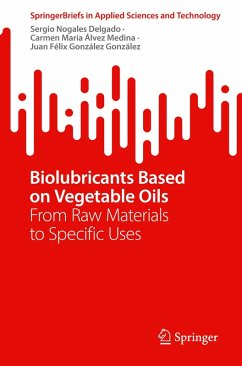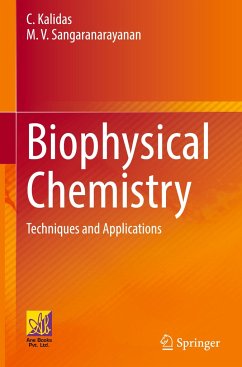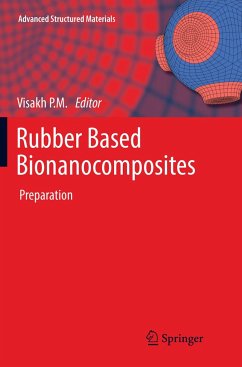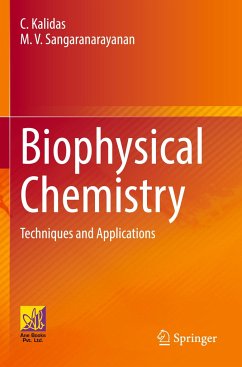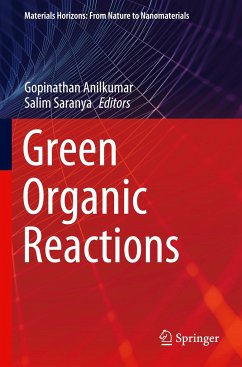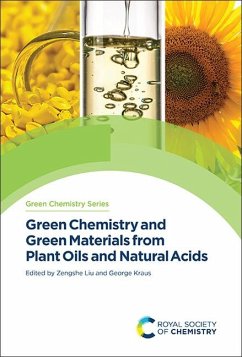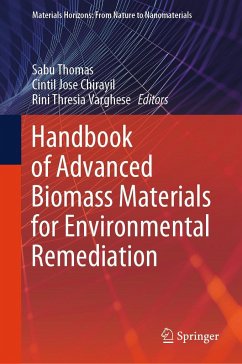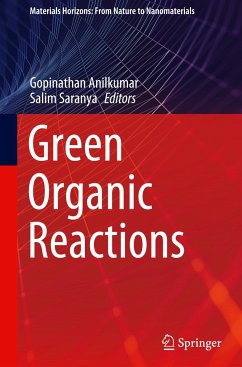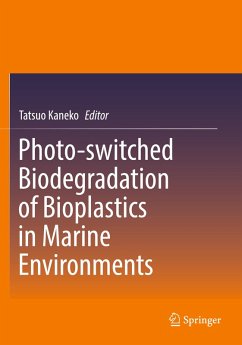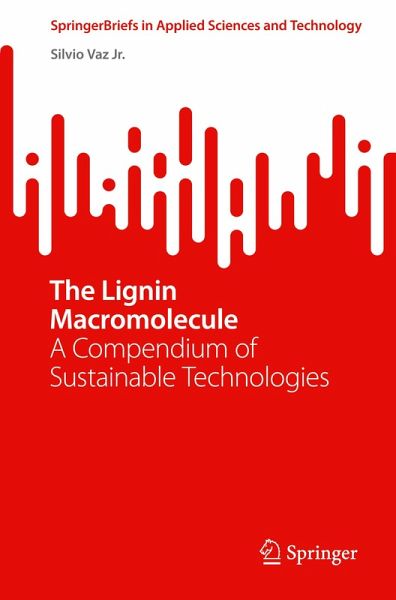
The Lignin Macromolecule
A Compendium of Sustainable Technologies

PAYBACK Punkte
19 °P sammeln!
This book covers lignin, a renewable source of carbonaceous material derived from biomass, which is a subject of research, development and innovation in both academia and industry.From lignin we can obtain chemicals (e.g., aromatics, phenols), materials (e.g., fibres, engineered plastics, modified polymers), specialties (e.g., additives as antioxidant), among other products in diverse levels of technology readiness. However, there are challenges to overcome in terms of chemical structure, industrial yields of conversion processes, and the quality of raw material in order to reach the best uses...
This book covers lignin, a renewable source of carbonaceous material derived from biomass, which is a subject of research, development and innovation in both academia and industry.
From lignin we can obtain chemicals (e.g., aromatics, phenols), materials (e.g., fibres, engineered plastics, modified polymers), specialties (e.g., additives as antioxidant), among other products in diverse levels of technology readiness. However, there are challenges to overcome in terms of chemical structure, industrial yields of conversion processes, and the quality of raw material in order to reach the best uses and applications according to the sustainability vision for products and processes. This book deals with the main biochemical pathways of synthesis; advanced analytical techniques; extraction strategies; chemical, biochemical, biological, and physical processing for chemicals and materials; circularity and sustainability aspects for actual and future production chains, allied tolife cycle assessment and industrial ecology.
From lignin we can obtain chemicals (e.g., aromatics, phenols), materials (e.g., fibres, engineered plastics, modified polymers), specialties (e.g., additives as antioxidant), among other products in diverse levels of technology readiness. However, there are challenges to overcome in terms of chemical structure, industrial yields of conversion processes, and the quality of raw material in order to reach the best uses and applications according to the sustainability vision for products and processes. This book deals with the main biochemical pathways of synthesis; advanced analytical techniques; extraction strategies; chemical, biochemical, biological, and physical processing for chemicals and materials; circularity and sustainability aspects for actual and future production chains, allied tolife cycle assessment and industrial ecology.



